Cultivating Kids Who Can Navigate Our Complex World https://t.co/U6a1z6i1X2 @VBoixMansilla
Read More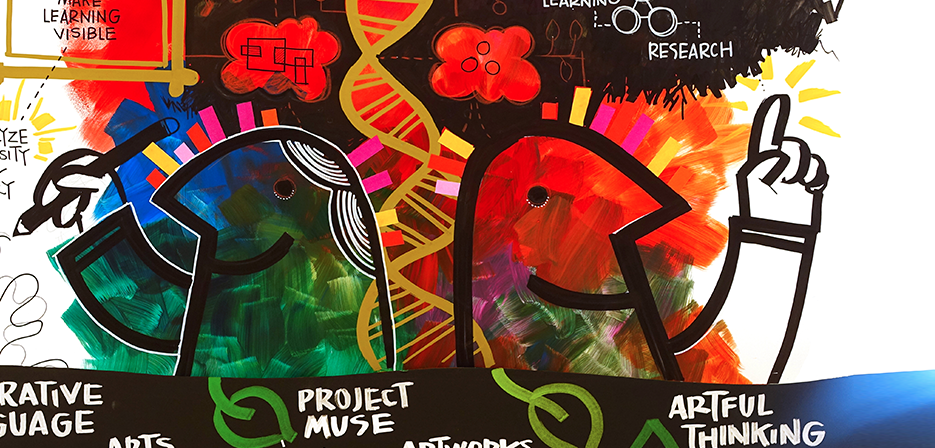
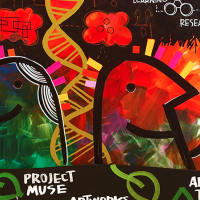
The Arts
BIG QUESTIONS
- What and when is art and art-making?
- What are the cognitive aspects of engagement in the arts?
- How can artistic processes inform human development in other domains and professions?
PZ PERSPECTIVES
- Curiosity and questions in the arts are linked to the human need to make meaning. Such inquiry is the genesis of all learning.
- Works of art are designed to engage people in consideration of the deep complexities of human experience. They have the power to provoke curiosity and the desire to come to deeper understandings.
- The work of artists is to inquire and explore through making. In a sense, they make their learning visible in their products. In turn, their works catalyze curiosity and inquiry in others. Cycles of inquiry, research, and learning are inherent in all serious artistic experiences.
QUOTES
“The liberal borders of art help us to carry good thinking dispositions nurtured in the context of art to the wider world. Art is an extrovert. Art connects because artists make it connect, because artists strive to express not just the anatomy of bodies but the anatomy of the human condition and of the universe that impinges on it. If most disciplines build moats, art builds bridges.” – David Perkins
“Crafted by artists, these havens are works of art in progress in a world in which the arts, like many of the individuals these centers serve, are devalued. There are safe havens, then, for art and culture as well as for the communities served. These are safe havens for the artists who daily reflect upon and revise their on-going works in progress, crafting their own versions of educational effectiveness and broadening the definition of learning through art as it can realize a myriad of goals.” – Jessica Davis
“In the arts, there are levels of development, as well as stages of expertise, and these should form a backdrop for any educational regimen. And yet, it is my belief that artistic forms of knowledge and expression are less sequential, more holistic and organic, than other forms of knowing and that to attempt to fragment them and to break them into separate concepts or subdisciplines is especially risky. . .We must be careful not to sacrifice this special nature of the arts – indeed, we might do well to allow this form of understanding to infiltrate other areas of the curriculum.” – Howard Gardner

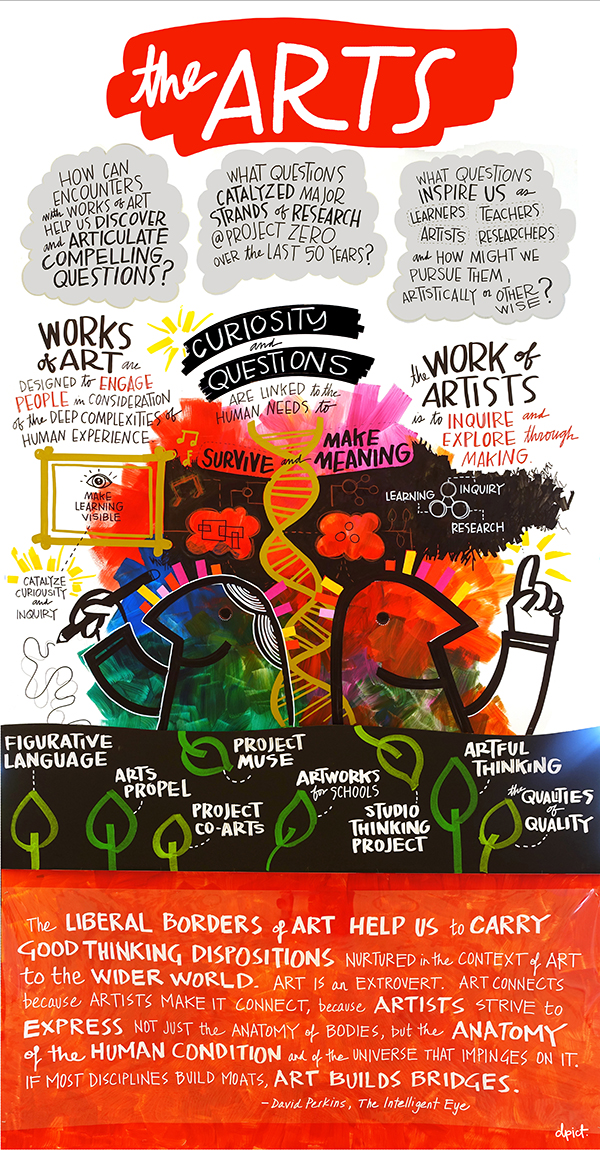


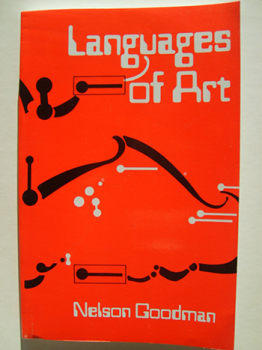
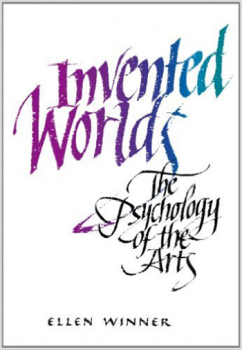
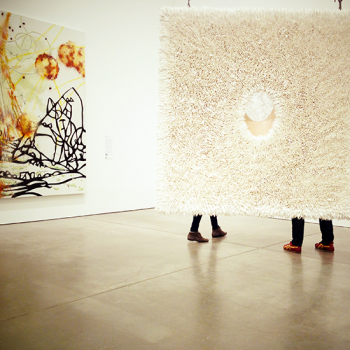
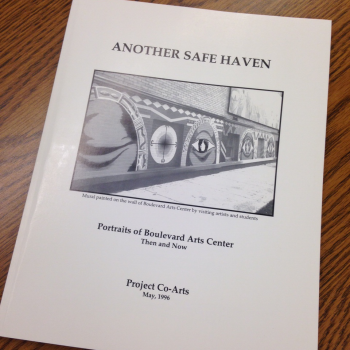
-
-
-
Support PZ's Reach